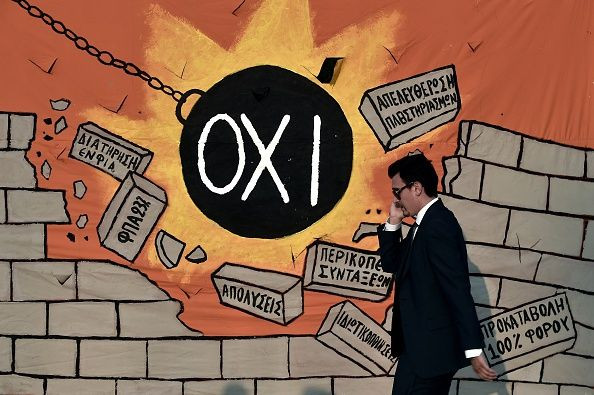Greek Debt Crisis: What Happens This Weekend For Greece's Proposed Bailout Plan?

Now that the Greek government has formally requested a new three-year bailout package from European creditors, a number of legislative and political steps await.
FRIDAY
Greece's Parliament will vote on the proposal. Syriza’s left wing opposes another bailout, decrying the Alexis Tsipras government for violating the anti-austerity platform that brought it to power. Even so, legislators from parties outside the ruling coalition could give the plan a vital boost.
SATURDAY
On Saturday, Eurozone finance ministers will examine Greece’s proposed reforms and request for new loans. If the ministers give that package the green light, they’ll charge the so-called troika -- the European Commission, the European Central Bank and the International Monetary Fund -- to begin negotiations with Athens over a new bailout package. If that scenario plays out, the highest-stakes part of the drama comes to a close. Talks between Greece and the troika would begin next week. Those talks would likely give birth to the third memorandum of understanding since 2010.
SUNDAY
But if finance ministers reject Tsipras’ proposal Saturday, there’s more drama Sunday. Leaders from all 28 European Union countries are scheduled to arrive in Brussels to discuss the crisis. Part of those talks could involve potential humanitarian relief, as Greece teeters on the brink of economic collapse. If a successful deal is struck Saturday, the Sunday meeting may not take place at all.
© Copyright IBTimes 2025. All rights reserved.






















